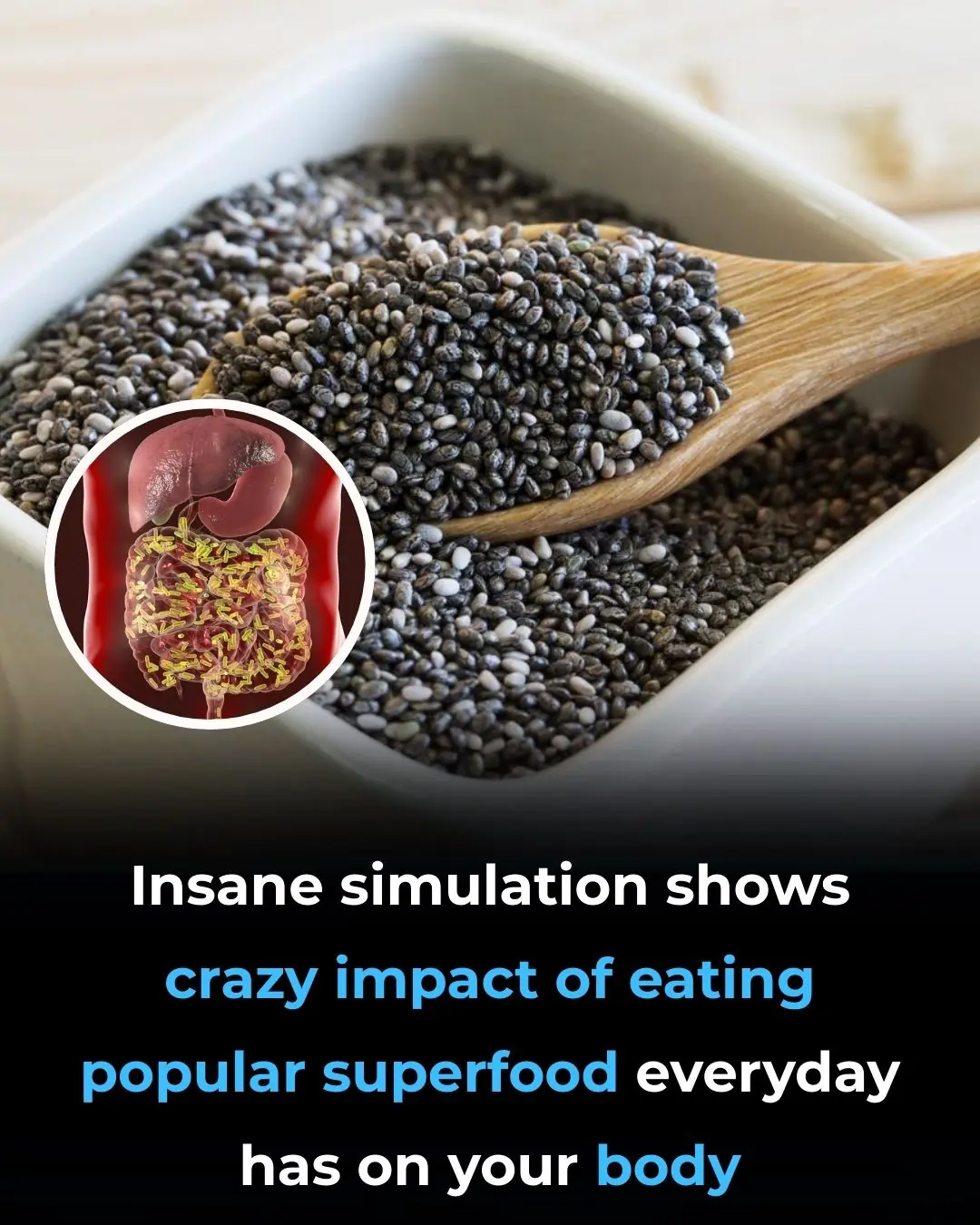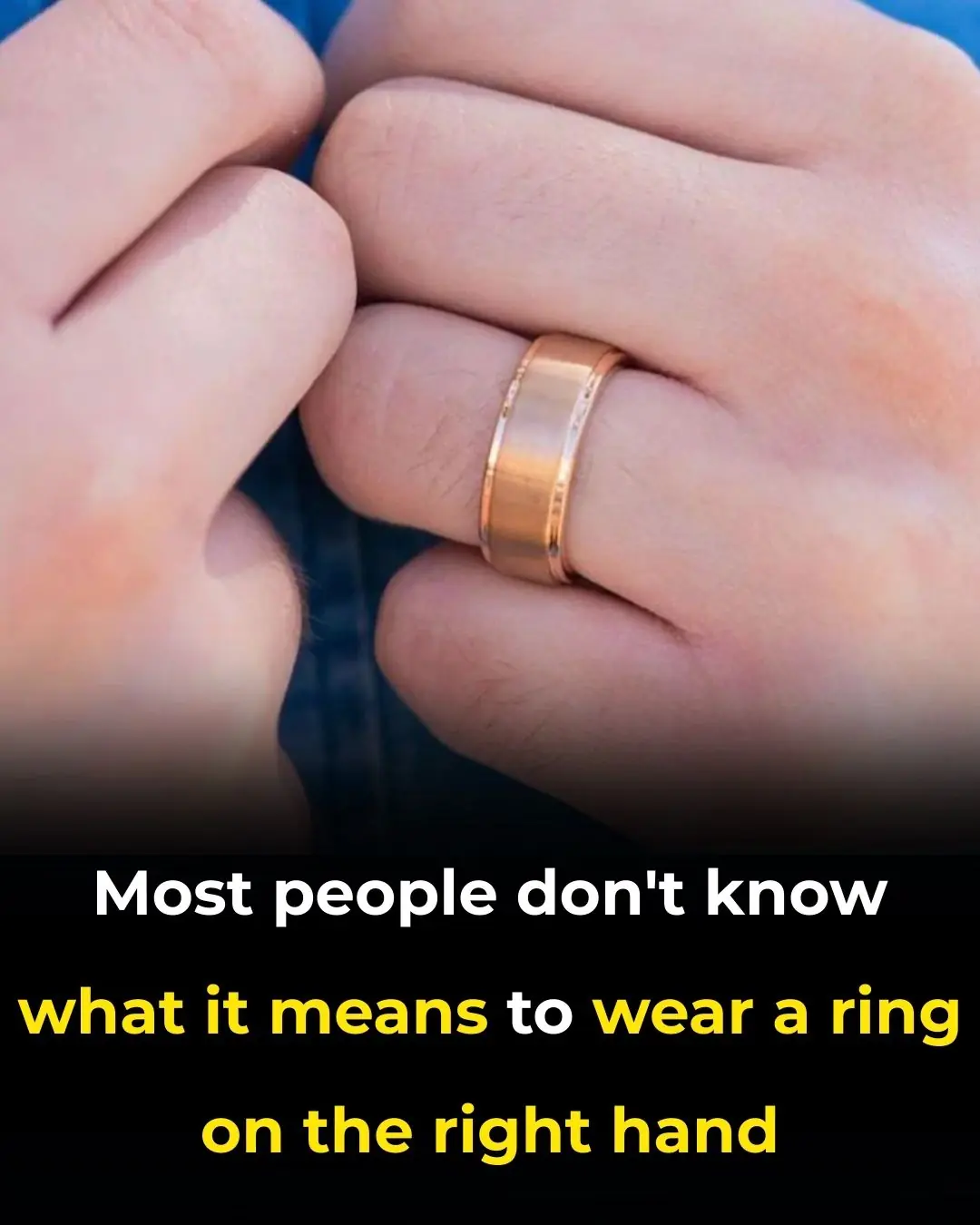
Scientists Explain Why ‘Doing Your Own Research’ Leads to Believing Conspiracies

When “Doing Your Own Research” Becomes a Trap
“Do your own research.”
On the surface, the phrase sounds empowering—a rallying cry for independence and intellectual rigor. It suggests curiosity, critical thinking, and a refusal to passively accept what we’re told. But in recent years, those same four words have been co-opted by conspiracy movements, invoked to justify everything from vaccine skepticism to climate denial and election fraud claims.
This shift raises an unsettling question: how did a phrase once celebrated as the essence of critical inquiry become so closely tied to the spread of misinformation?
Researchers are beginning to uncover the answer. A growing body of evidence suggests that the way people use search engines—combined with the gaps in reliable information online—can unintentionally make individuals more vulnerable to falsehoods. Instead of shielding us from deception, “doing your own research” can create a false sense of confidence, reinforcing misleading narratives and allowing fringe ideas to masquerade as fact.
When Searching for Truth Backfires
At first glance, encouraging people to double-check claims sounds like common sense. Verifying sources and questioning headlines should, in theory, protect against lies. Yet a recent study published in Nature paints a different picture: the act of fact-checking online can, under certain conditions, increase susceptibility to misinformation.
In a series of experiments conducted by New York University’s Center for Social Media and Politics, participants were shown a mix of factual and misleading articles on topics such as COVID-19 vaccines, impeachment proceedings, and climate change. Those instructed to use search engines to verify accuracy were nearly 20% more likely to misidentify false or misleading information as true, compared to those who didn’t search at all.
The findings challenge a deeply held belief—that “looking it up” naturally leads us closer to the truth.
The problem, researchers say, lies in the architecture of the internet itself. The web is riddled with “data voids”—topics where little credible information exists, often because the issue is new, niche, or actively targeted by bad actors. Search algorithms tend to mirror the phrasing users type into the bar, meaning a sensationalized or misleading query often pulls up results that echo the same framing.
For example, participants who searched the exact phrase “engineered famine,” taken from a fabricated headline, were far more likely to encounter results that reinforced the false narrative. By contrast, using a broader term like “famine” returned credible information.
“People think they’ve done their due diligence and checked, but it makes it worse than not checking,” explains Chirag Shah, an information scientist at the University of Washington. In fact, the study found that some participants who initially recognized a story as false changed their minds after searching, swayed by the sheer volume of confident, misleading content. Joshua Tucker, one of the study’s authors, called the consistency of this pattern “both remarkable and deeply troubling.”

The Power—and Pitfalls—of Keyword Choices
One of the most revealing aspects of the NYU research was how heavily outcomes depended on how people searched. Participants who copied a misleading headline or URL verbatim into the search bar were exposed to falsehoods nearly 77% of the time. Low-quality sites intentionally recycle sensational language, creating a feedback loop where repetition appears to equal credibility.
By contrast, neutral or broader queries—like searching “famine” instead of “engineered famine”—significantly reduced the likelihood of encountering false information.
Most users, however, don’t search strategically. They type exactly what they see, assuming the top results are the most accurate. But search engines are designed to deliver results that match intent, not necessarily results that are true. As a Google spokesperson admitted, if someone searches for a misleading phrase, it’s no surprise that similar misinformation will dominate the results.
This feedback loop between human habits and algorithmic design creates fertile ground for conspiracy theories. In moments of uncertainty—during breaking news, public crises, or scientific debates—search engines often amplify fringe claims, simply because there’s little credible content to counterbalance the noise.
The Psychology of False Reassurance
Beyond algorithms, psychology plays a powerful role in this dynamic. “Doing your own research” offers more than just information; it provides a sense of agency and control.
The very act of searching creates confidence—people feel diligent, empowered, even enlightened. But when the sources are weak or misleading, that confidence is misplaced.
The NYU study found that nearly one in five participants who initially recognized a false story later reclassified it as true after conducting their own search. This is a textbook case of cognitive reinforcement: the more effort we invest in a task, the more convinced we become that our conclusion is correct, even when it isn’t.
This dynamic mirrors the culture of online conspiracy communities, where “research” becomes a badge of honor. Members often describe themselves as “awake” or “informed,” not because they rely on verified sources, but because they have scoured the internet for evidence that confirms their pre-existing beliefs.
The repetition of the same misleading claims across multiple sites deepens the illusion of truth, a phenomenon psychologists call the illusory truth effect. Once someone feels they have “verified” a claim, contradictory evidence is often dismissed outright, locking them deeper into the very narrative they set out to examine.
The Responsibility of Platforms—and People
If individual habits help misinformation take root, platforms also share responsibility.
Google has acknowledged that data voids—gaps in reliable information—are a well-known challenge. The company has introduced tools like the “About This Result” feature, which adds context about sources, and advisories that warn when information about a topic is limited or still developing. Independent studies suggest Google generally ranks higher-quality sources than other platforms, but even the best ranking systems can’t solve the problem when reliable content doesn’t yet exist.
Experts argue that a two-pronged approach is needed. First, digital literacy education must evolve. Teaching people simply to “look it up” is no longer enough. Effective education should cover how to evaluate sources, recognize biased phrasing, and understand that top results don’t always equal truth.
Second, technology companies need to design for transparency, making it easier for users to see where information originates and how search rankings are generated. “We can’t expect people to sift through mountains of junk content without support,” says Shah.
At the same time, experts warn against overreliance on heavy-handed moderation. Removing false content entirely is neither technically feasible nor ethically straightforward. Instead, empowering users with better tools and clearer awareness may be the most sustainable way to counter the rising tide of online misinformation—especially as generative AI floods the web with convincing but fabricated narratives.
Toward a Culture of Critical Vigilance
The takeaway from this growing body of research is not that curiosity is dangerous or that skepticism should be abandoned. On the contrary, critical inquiry is more vital than ever.
But doing your own research in today’s digital ecosystem requires more skill, patience, and humility than most people realize. Blind trust in algorithms can leave even the most well-intentioned searcher more vulnerable to conspiracy theories.
The real danger of misinformation lies not just in its content but in its ability to masquerade as knowledge. When searching online becomes synonymous with learning, we risk mistaking noise for evidence—especially in times of uncertainty, when credible information is scarce and sensational narratives dominate.
As Shah points out, awareness itself is the first line of defense: “Knowing that ‘doing your research’ is not automatically enough.” In an age where falsehoods spread faster than verified facts, the most powerful tool is not the search bar but a habit of pause, reflection, and discernment—cross-checking claims with diverse, credible sources and maintaining the humility to admit when an answer cannot be found in a quick search.
The invitation, then, is not to abandon research, but to practice it with the rigor and thoughtfulness it deserves—because in the battle for truth, curiosity without caution can be the very thing that misleads us.
News in the same category


Hotel Workers Reveal What Goes On

The Richest Americans Still Die Earlier Than the Poorest Europeans
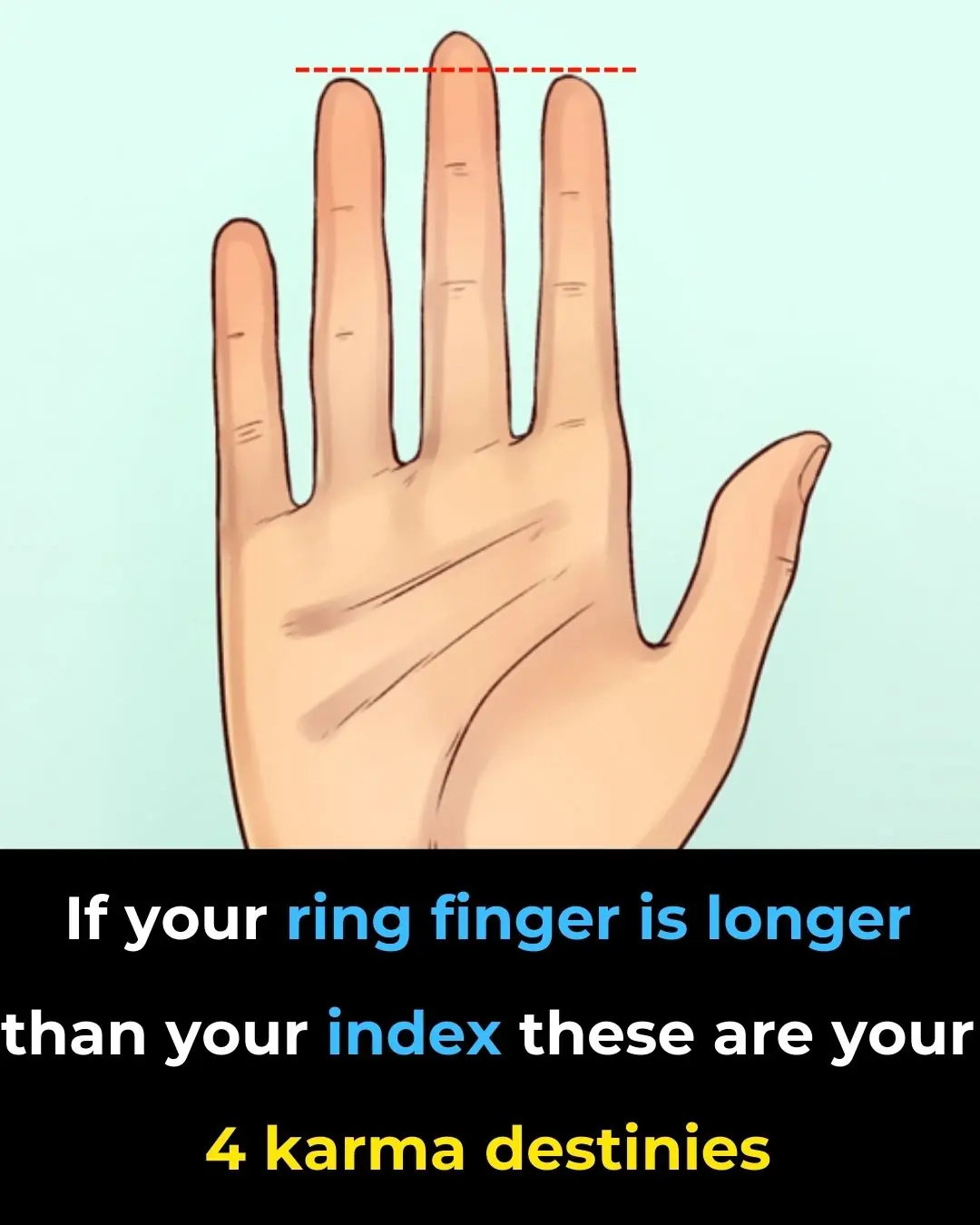
Ring Finger Longer Than An Index Finger

She Spent $70,000 on Cosmetic Procedures — Now She’s Owning Her Beauty Despite the Backlash
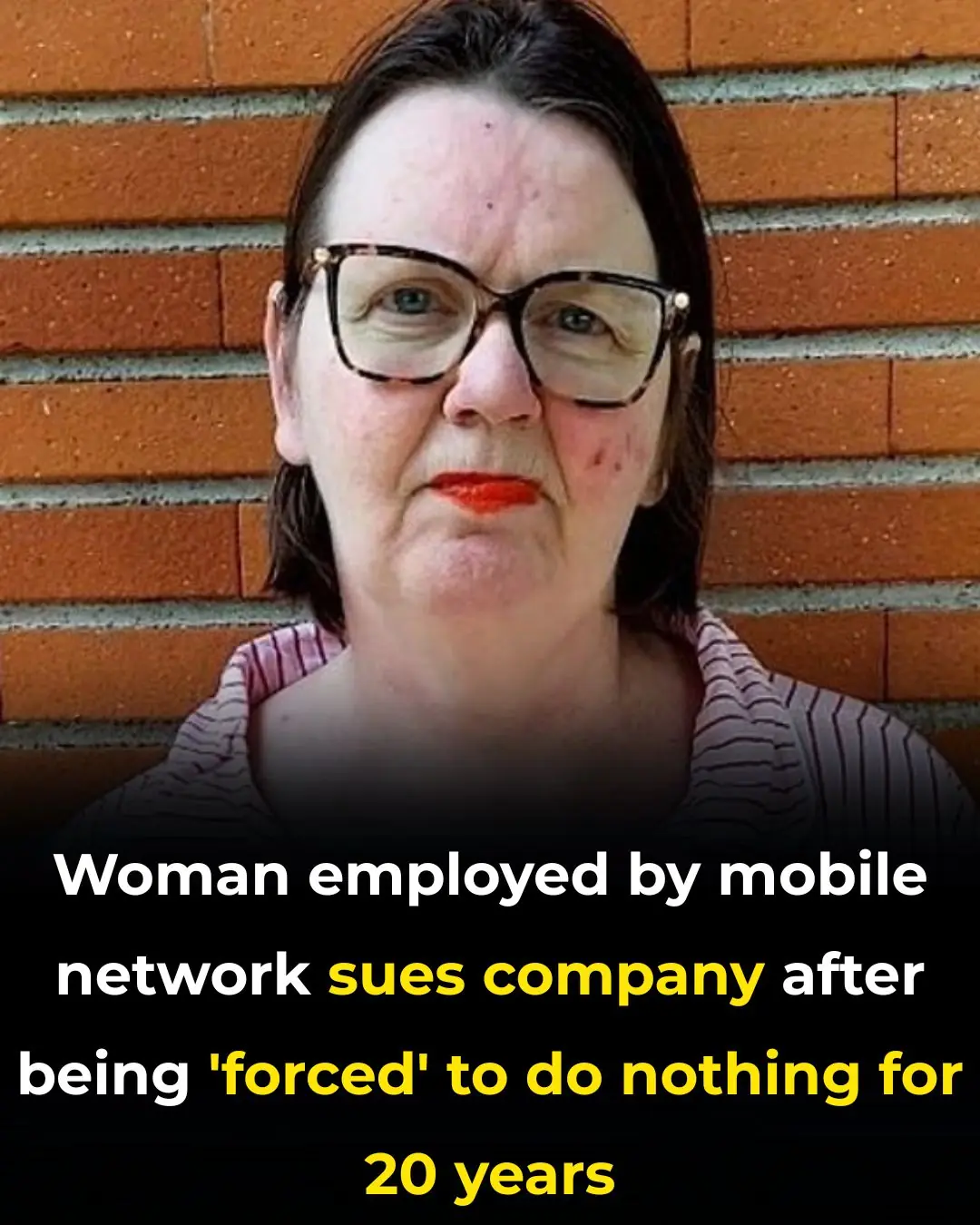
Woman employed by popular mobile network sues company after being 'forced' to do nothing for 20 years
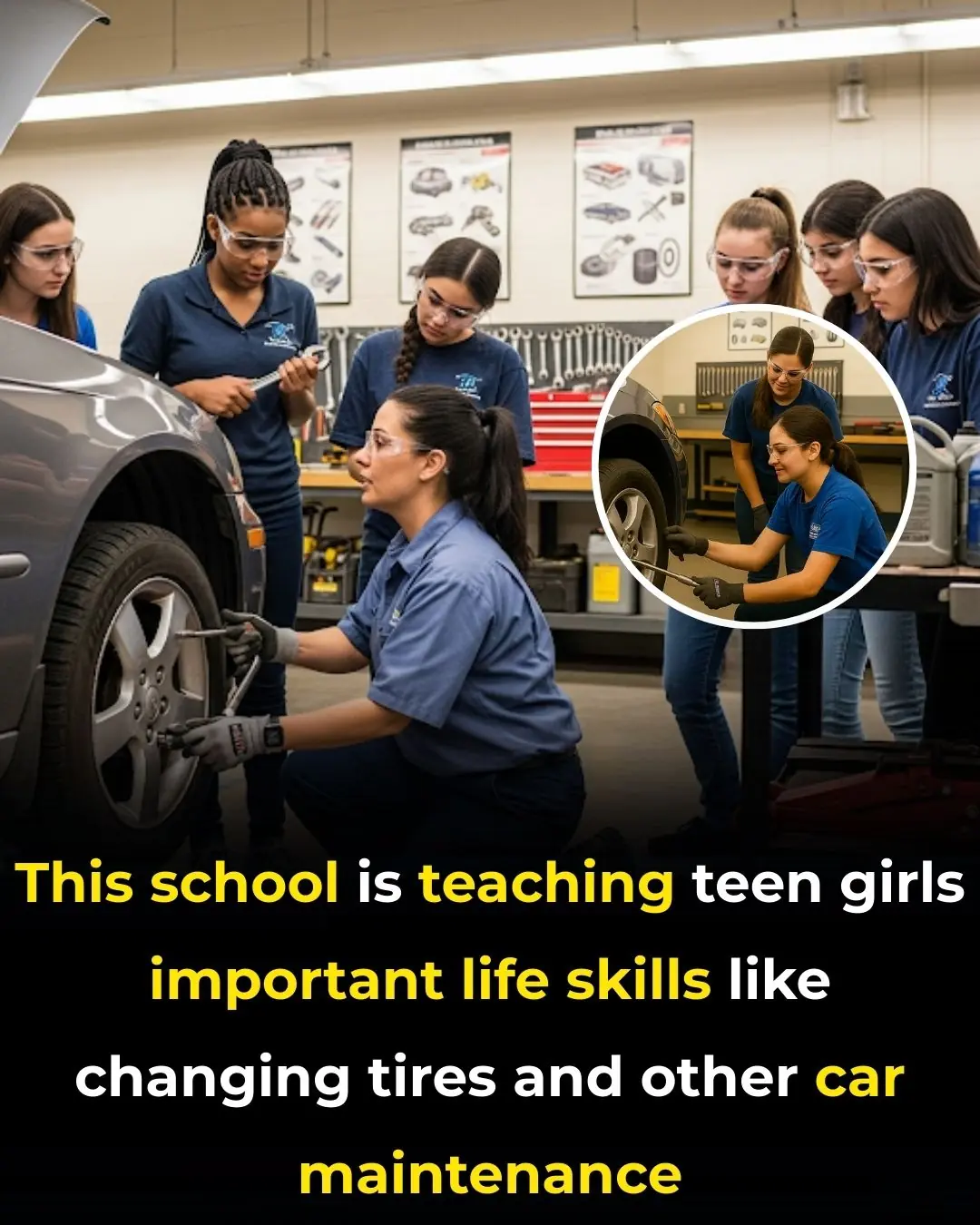
This School Is Teaching Teen Girls Important Life Skills Like Changing Tires and Other Car Maintenance

Indiana Woman Arrested After Traveling To DC To Kidnap And Assassinate Trump
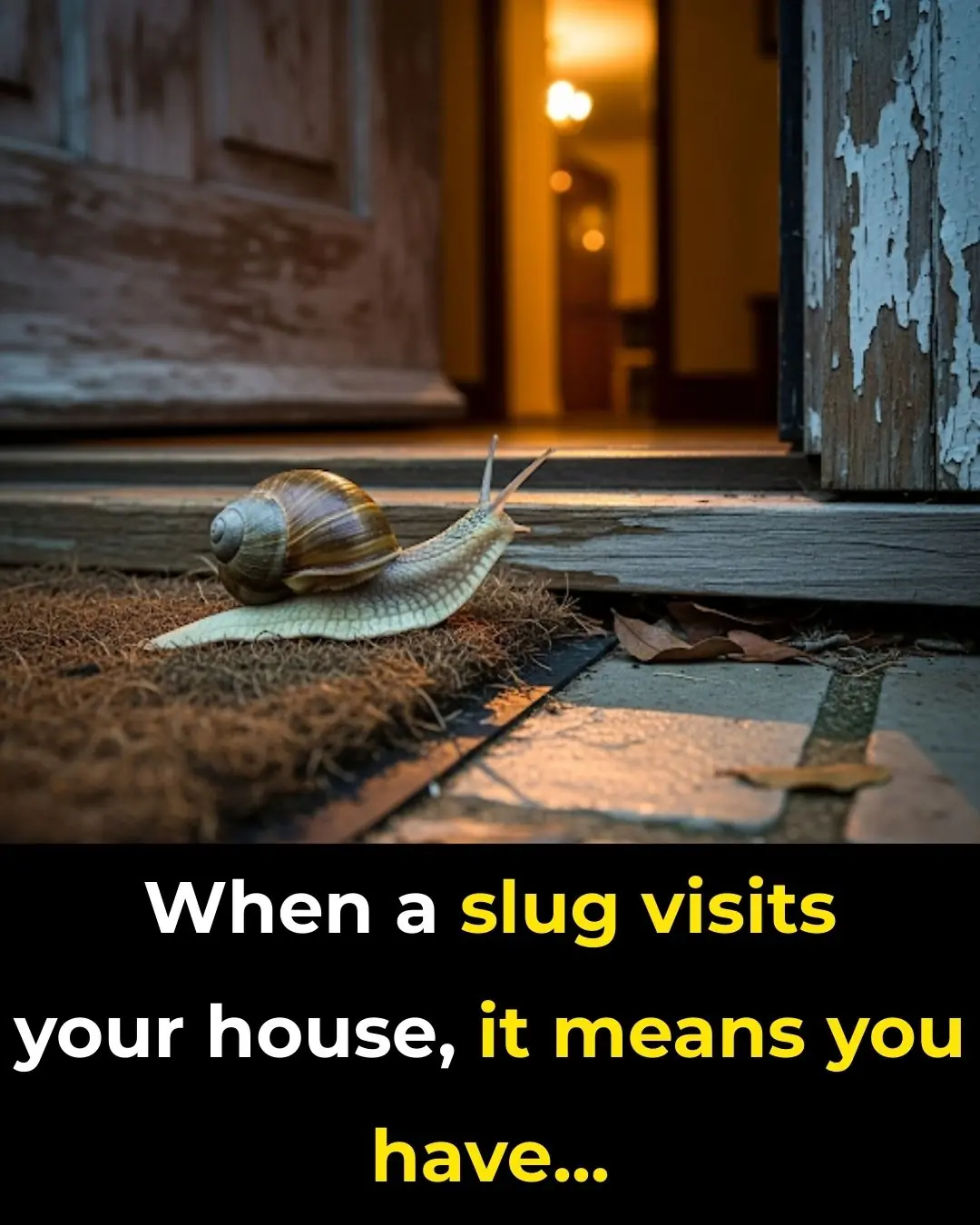
Why Slugs Deserve More Credit Than You Think
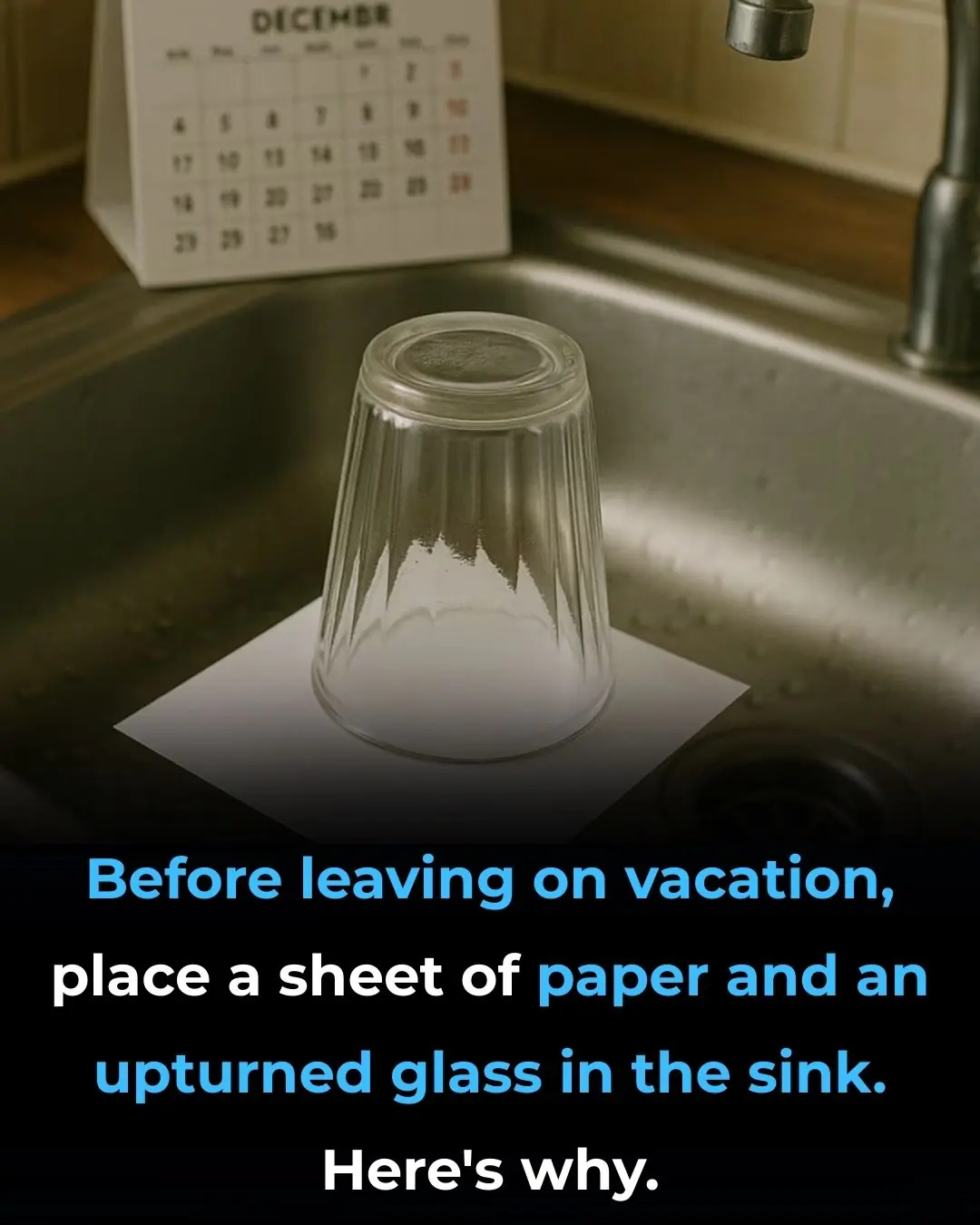
Sink Trick You Should Always Do Before Vacation
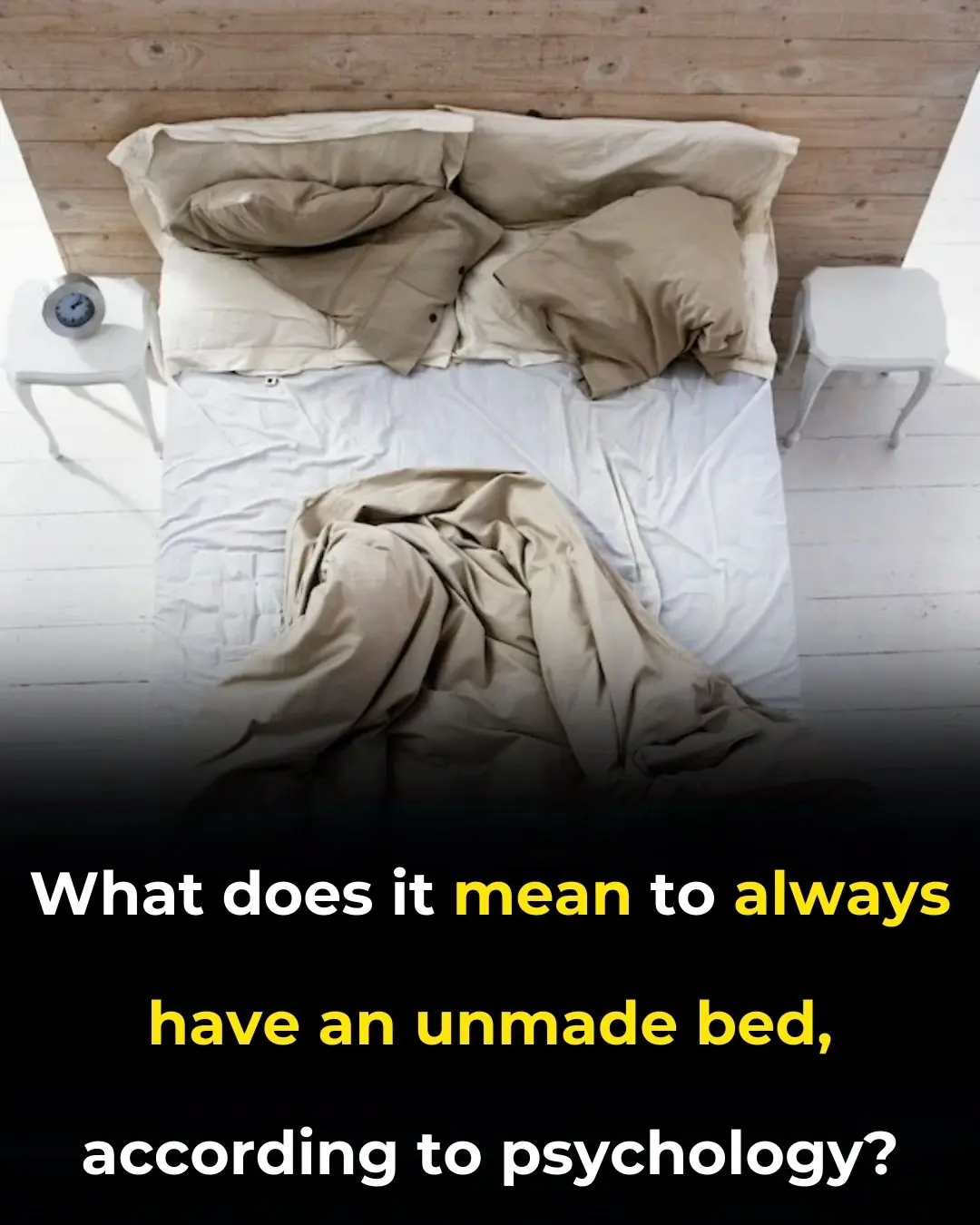
The Meaning of Having an Unmade Bed
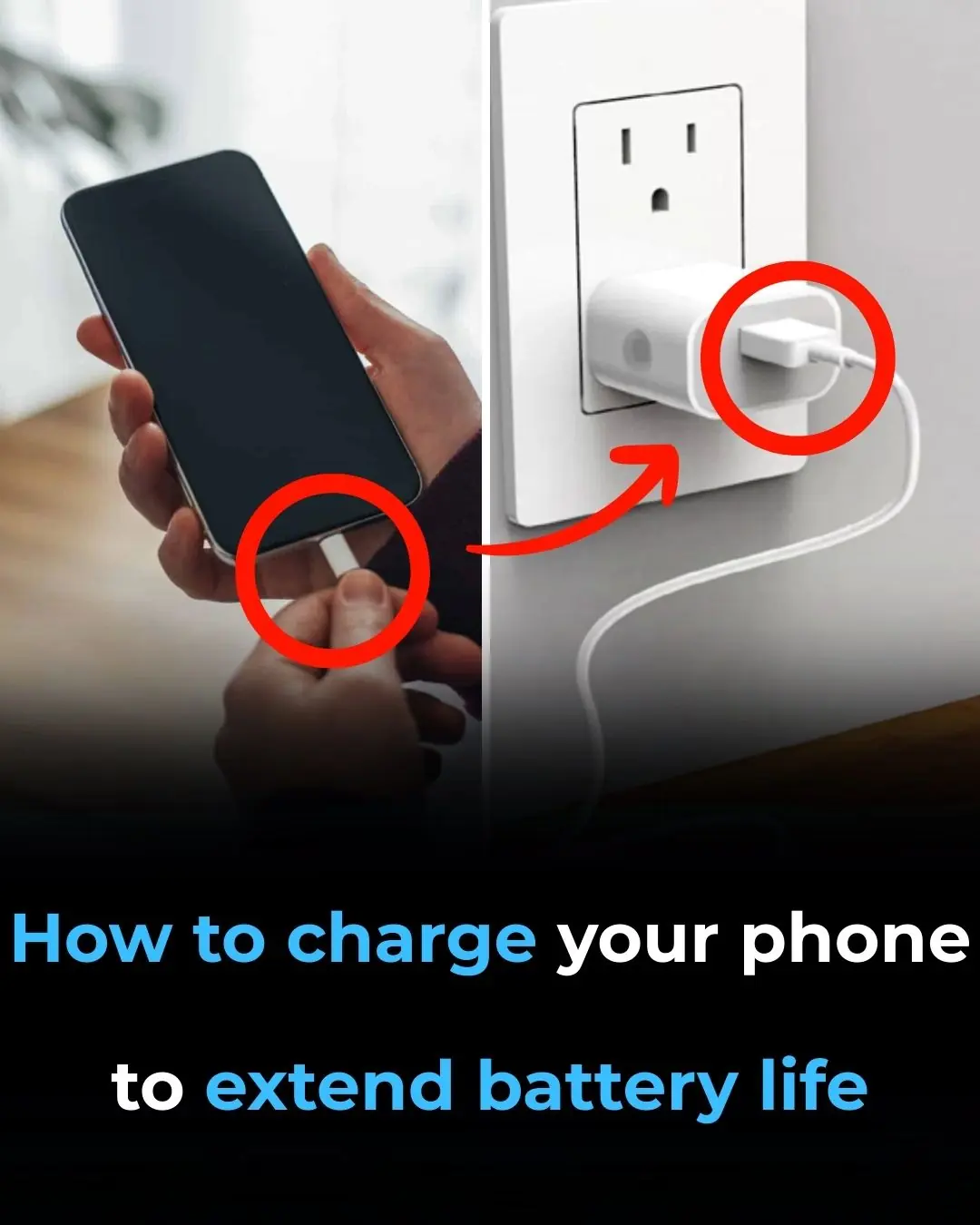
How to Charge Your Phone to Extend Battery Life
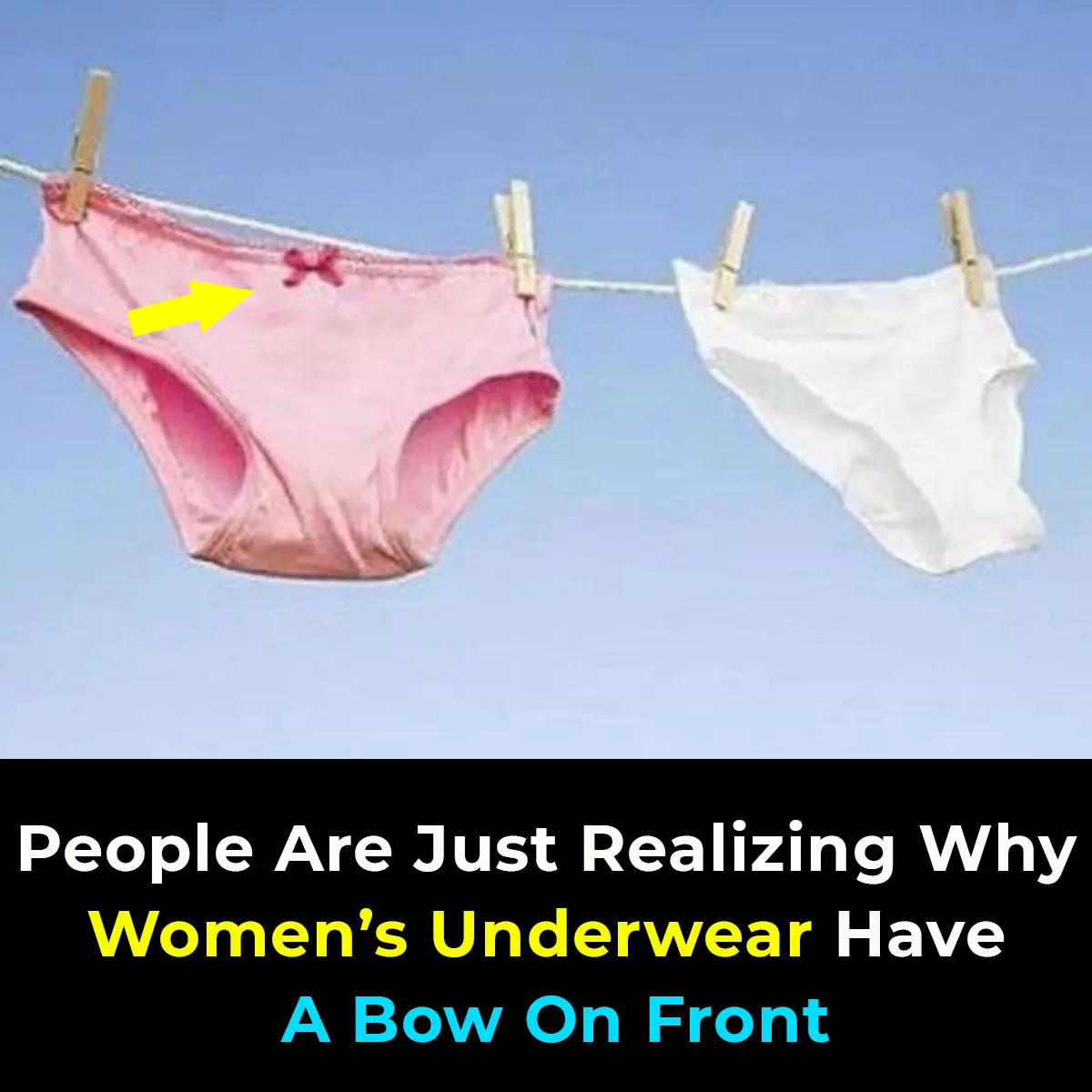
People Are Just Realizing Why Women’s Underwear Have A Bow On Front
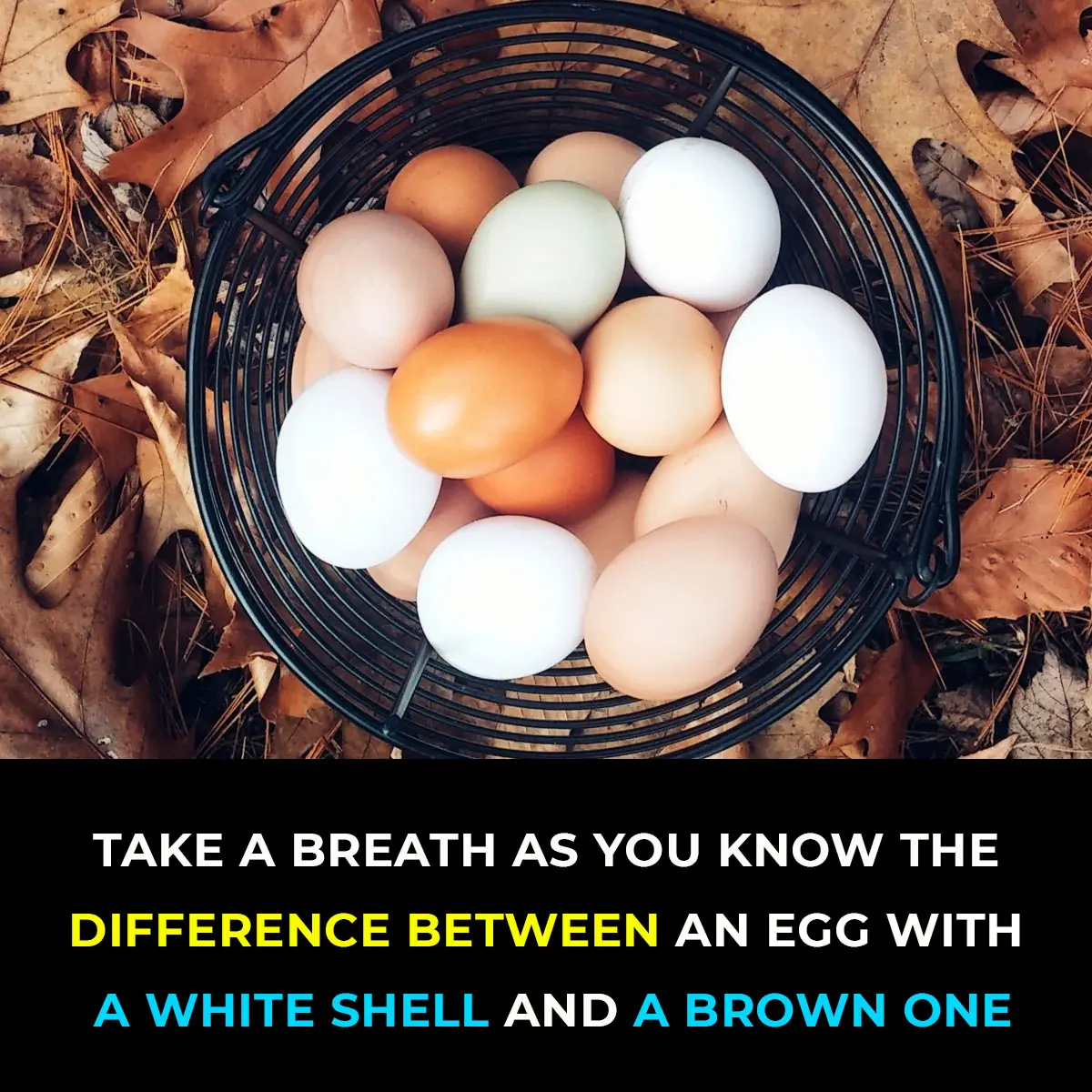
Brown vs. White Eggs: Which Should You Choose?
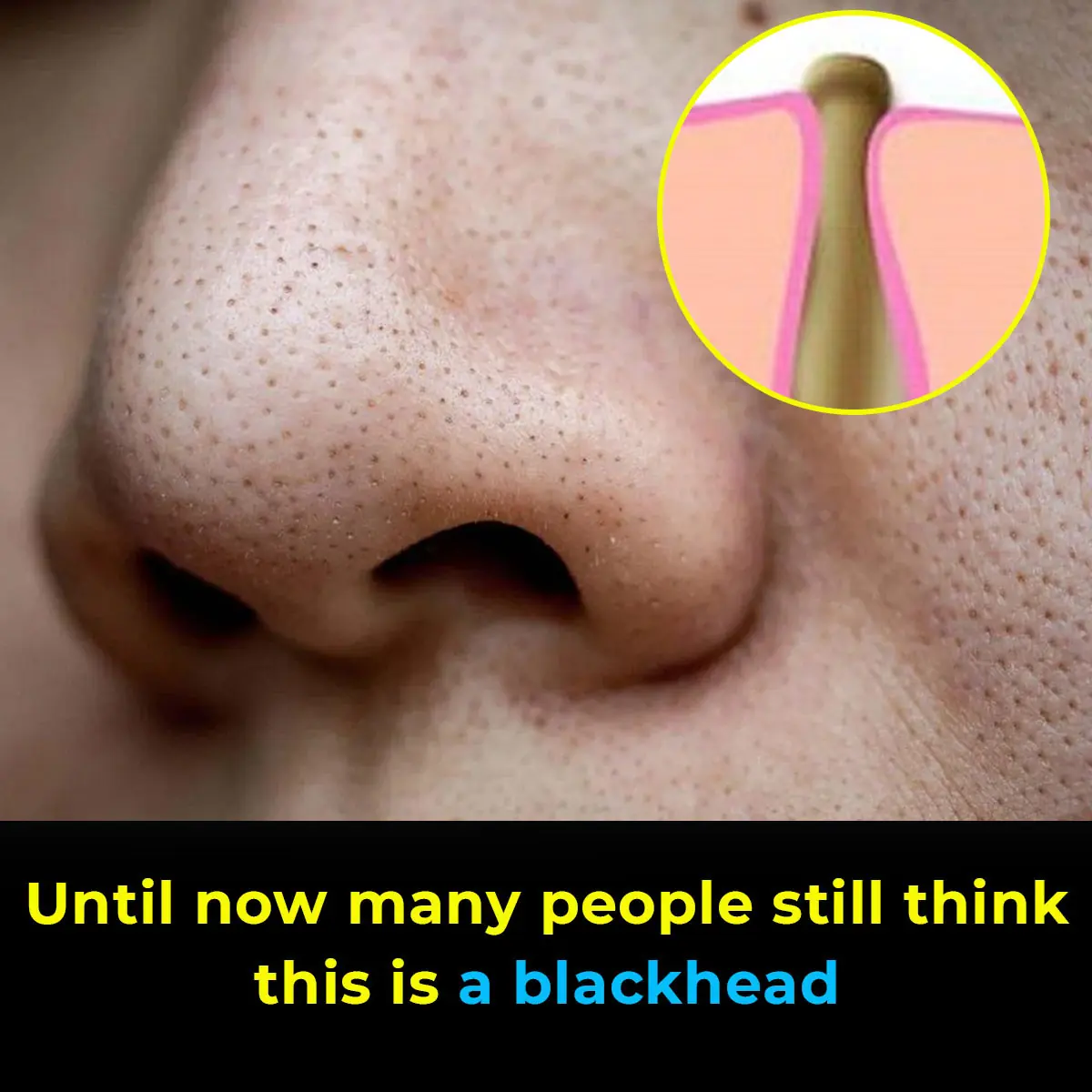
What Are Sebaceous Filaments and Why Are They on Your Face?

Can Humans Sense Death Approaching? Scientists Reveal the Sh0cking Truth
When life ends, the body immediately begins its natural process of decomposition

Citizens fear Alaskan capital could be swallowed under water following major glacier outburst
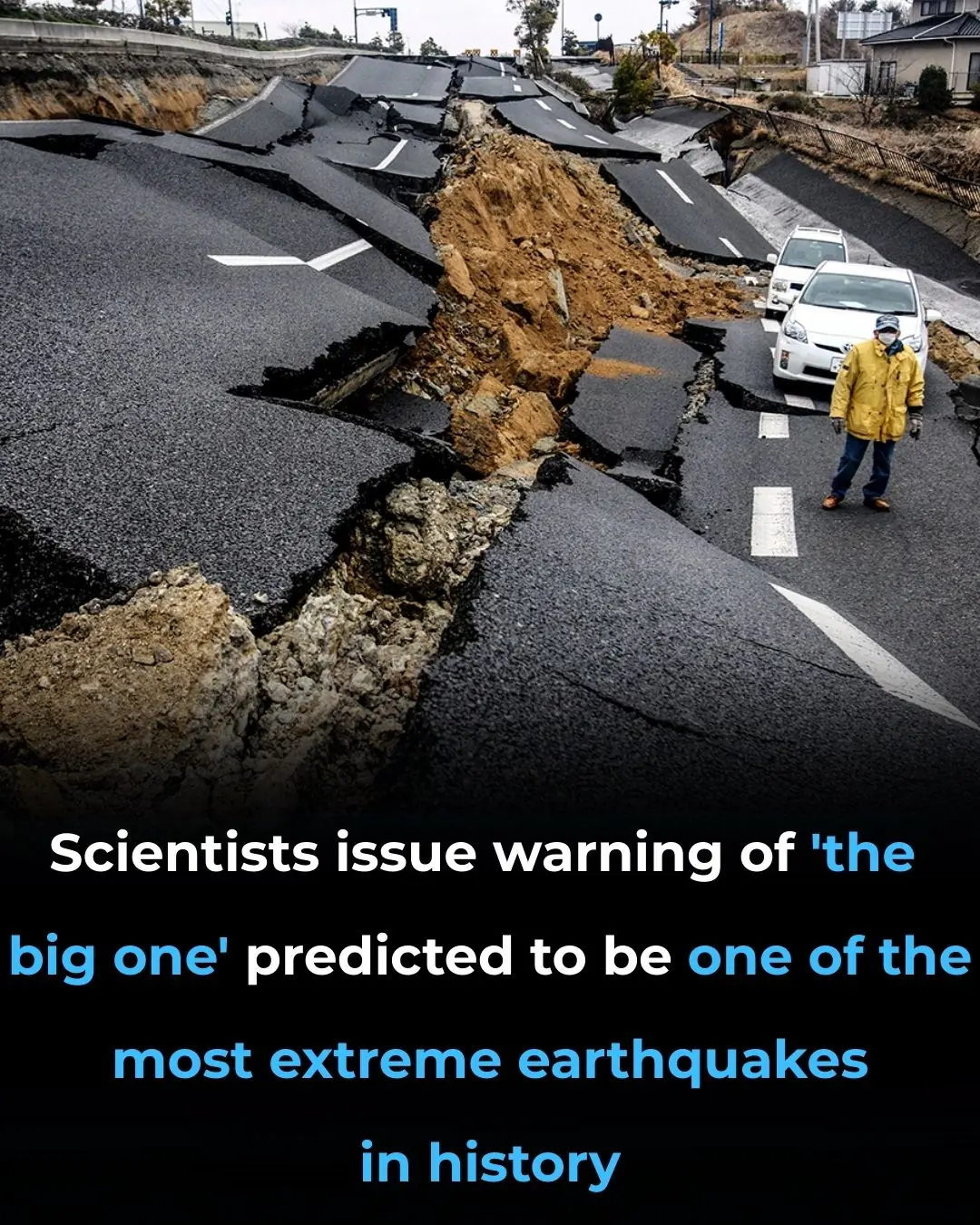
Scientists issue warning of 'The Big One' predicted to be one of the most extreme earthquakes in history
News Post
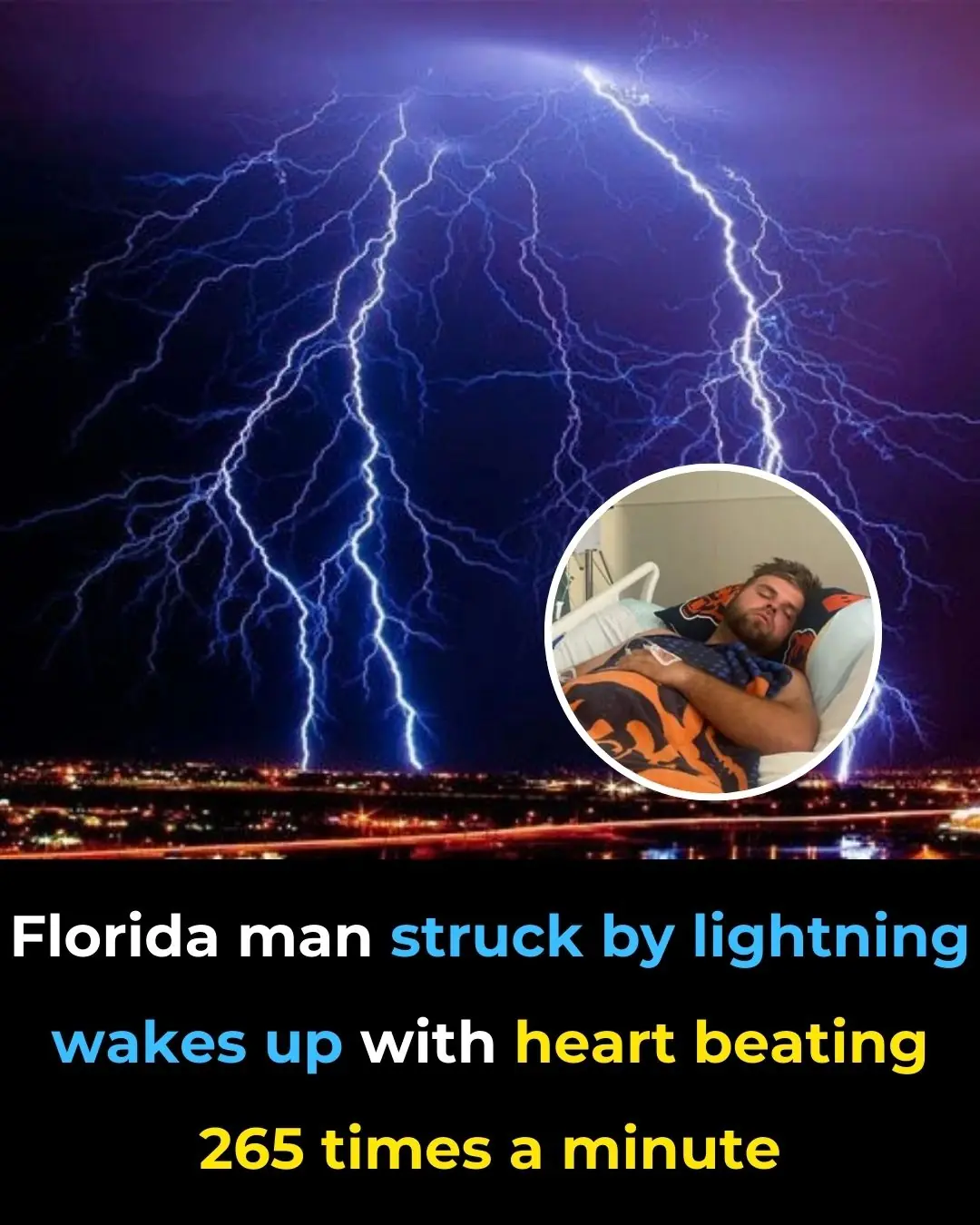
Florida Man Struck by Lightning Wakes Up With Heart Beating 265 Times a Minute

What Does It Mean To Wear a Ring On The Right Hand

Hotel Workers Reveal What Goes On
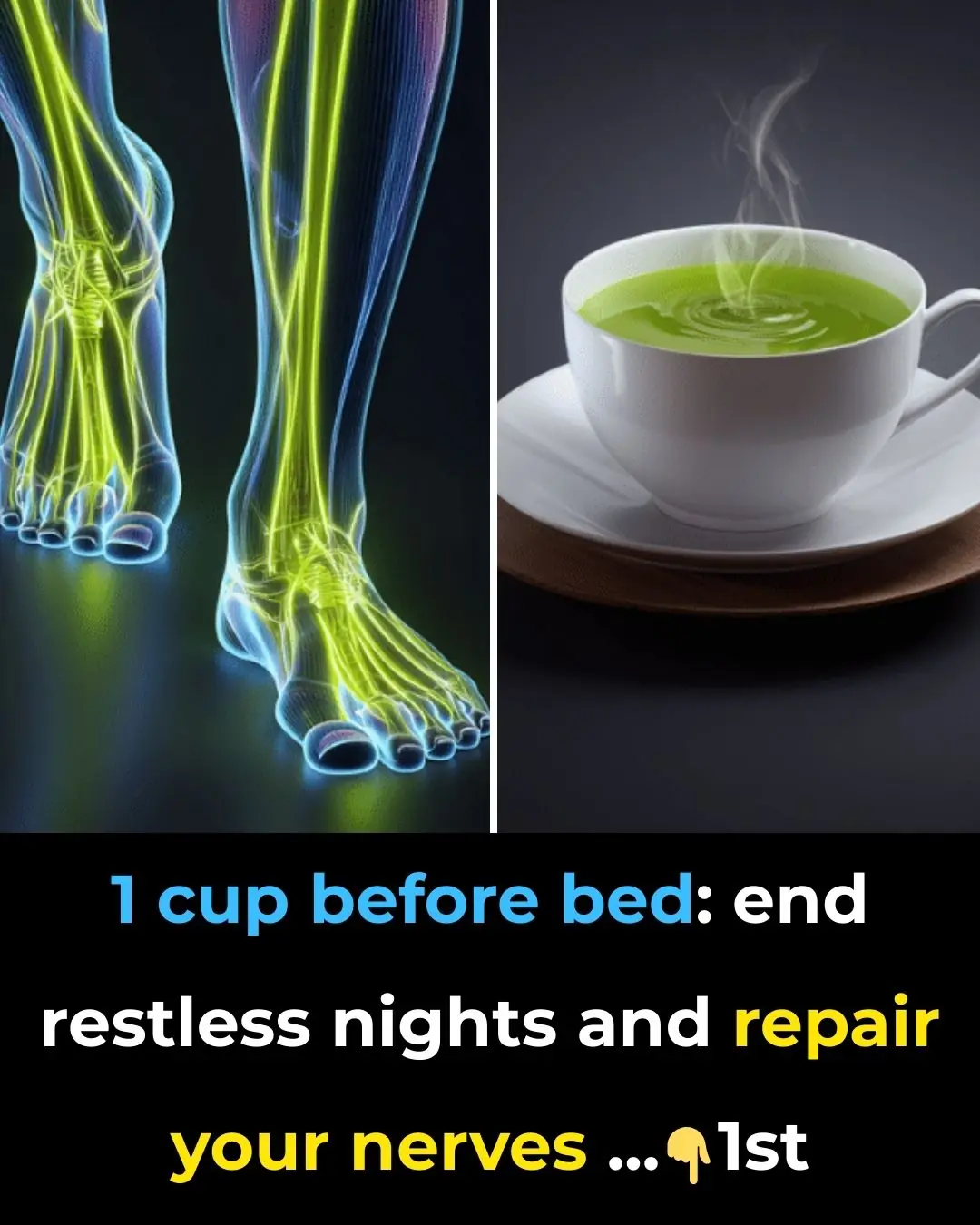
1 cup before bed: end restless nights and repair your nerves

Top 10 Nutrients in Foods that Clean Your Arteries Fast

The Richest Americans Still Die Earlier Than the Poorest Europeans
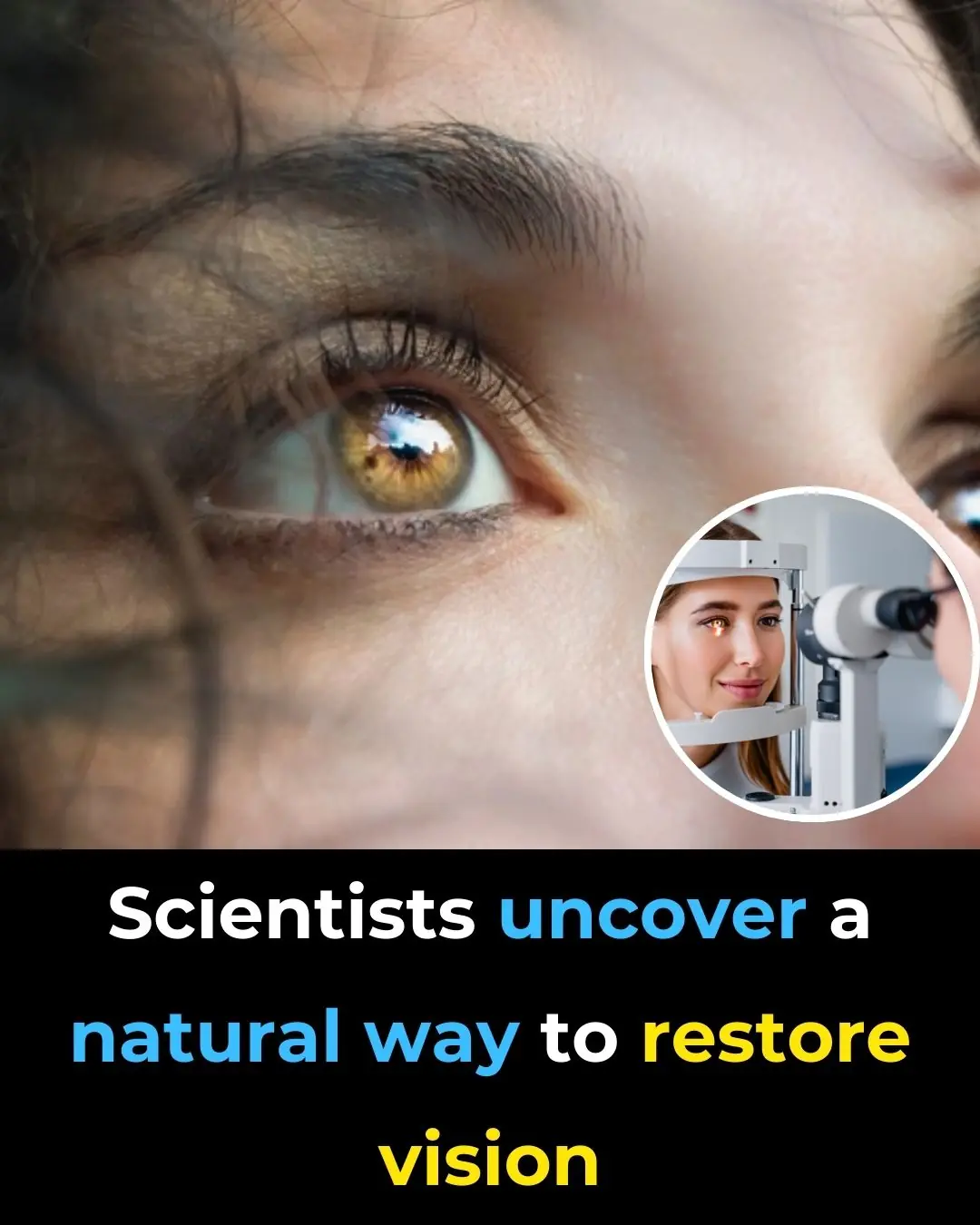
Scientists Uncover A Natural Way to Restore Vision
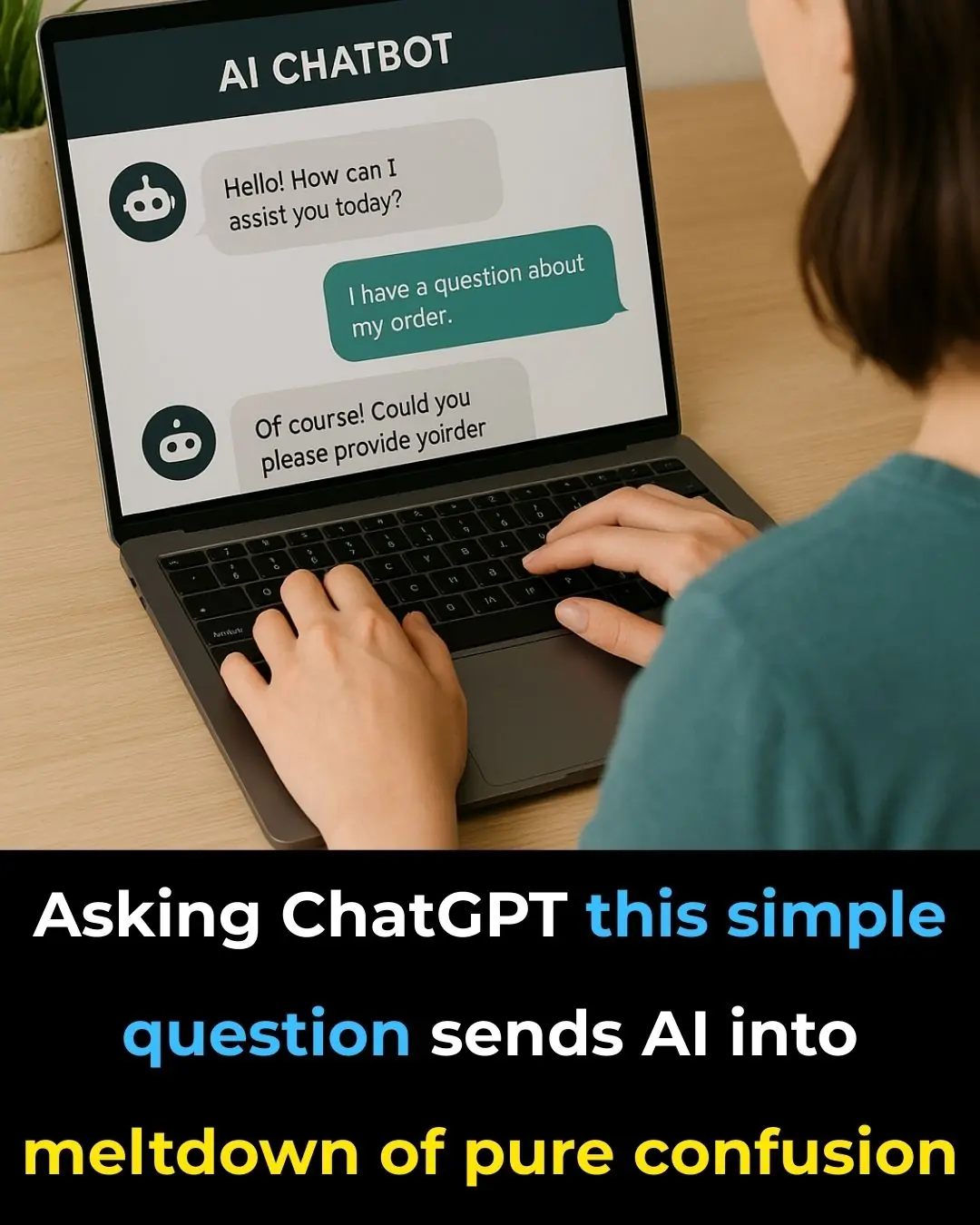
Asking ChatGPT this simple question sends AI into meltdown of pure confusion

Mystery of the Bermuda Triangle could finally be solved following years of conspiracy theories
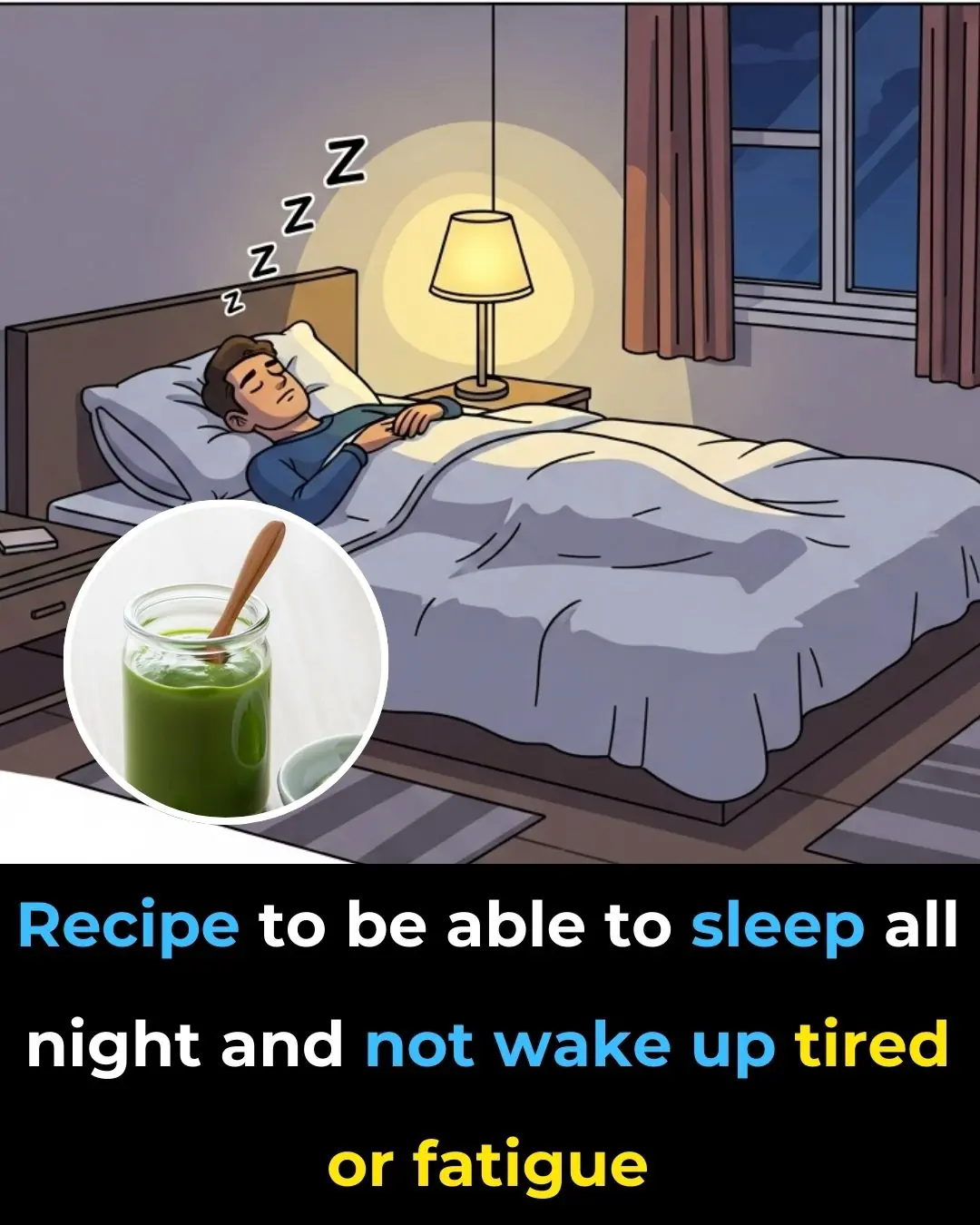
Remedy For Falling Asleep Quickly

Ring Finger Longer Than An Index Finger
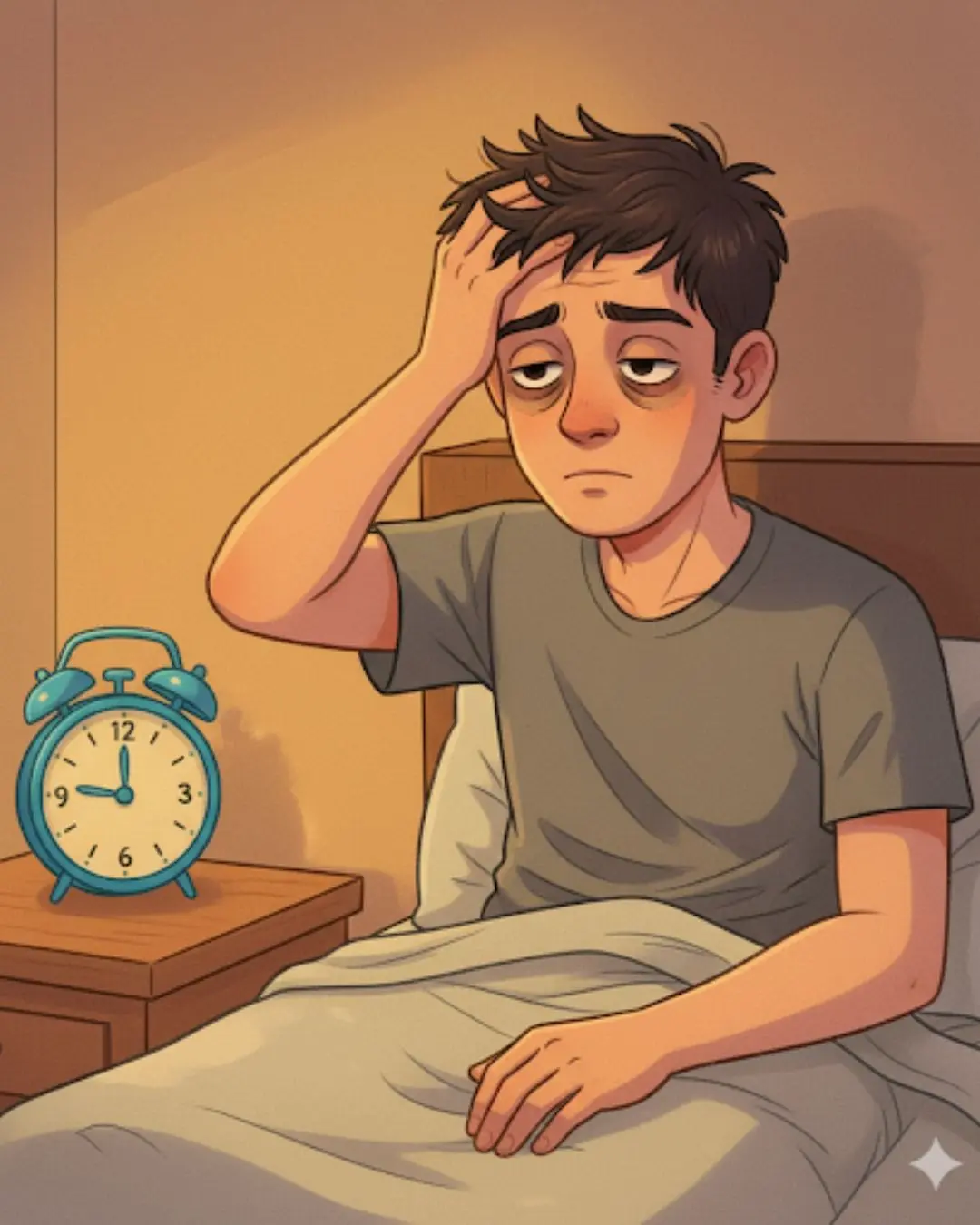
Sleeping Enough But Still Tired
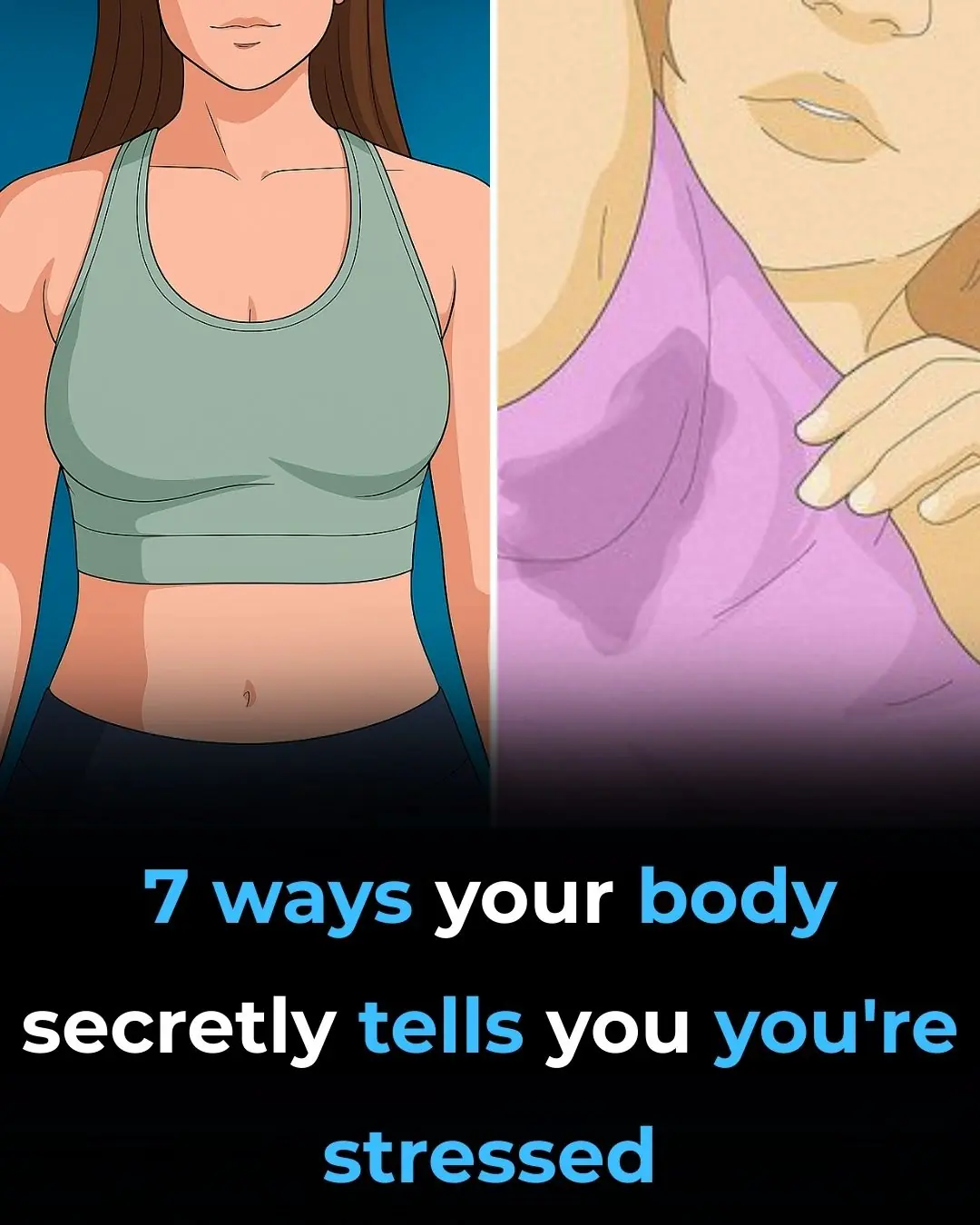
Ways Your Body Secretly Tells You You’re Stressed

How to effectively cleanse your lungs in just 72 hours

Scientists find a berry that can combat cancer, diabetes, and obesity

She Spent $70,000 on Cosmetic Procedures — Now She’s Owning Her Beauty Despite the Backlash

Simulation Reveals the Science Behind Nightmares of Losing Teeth

Woman employed by popular mobile network sues company after being 'forced' to do nothing for 20 years
